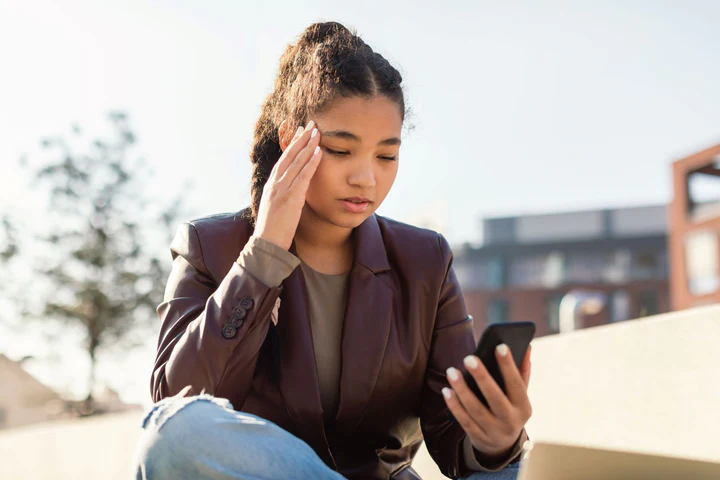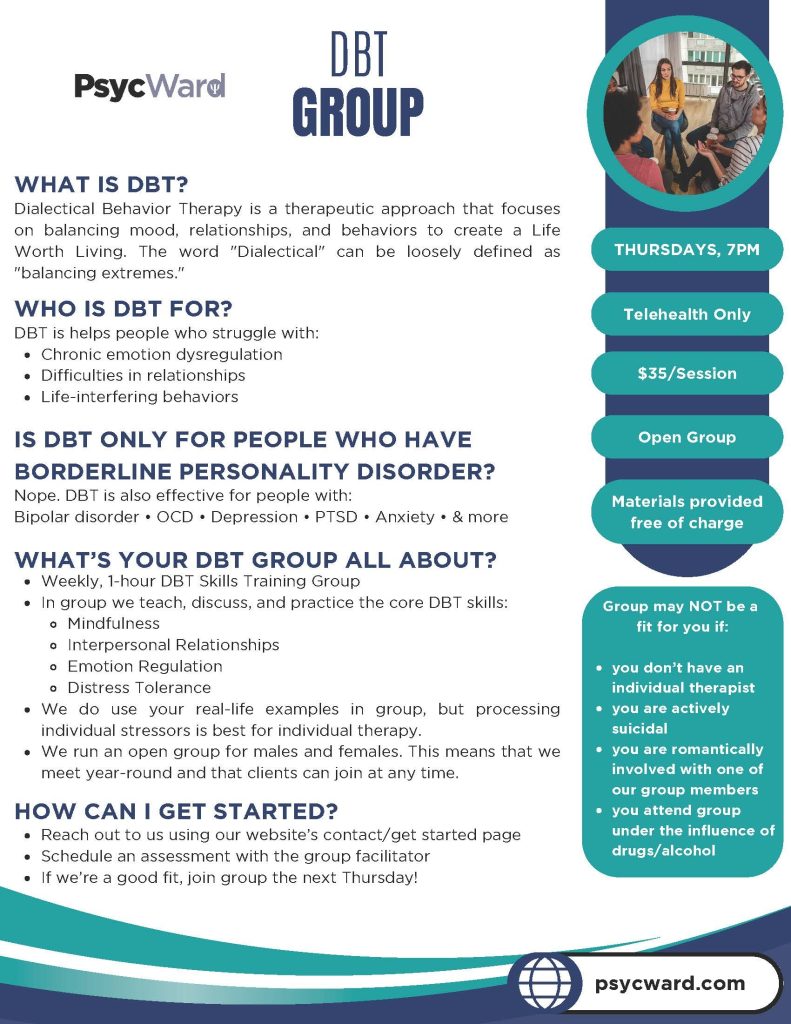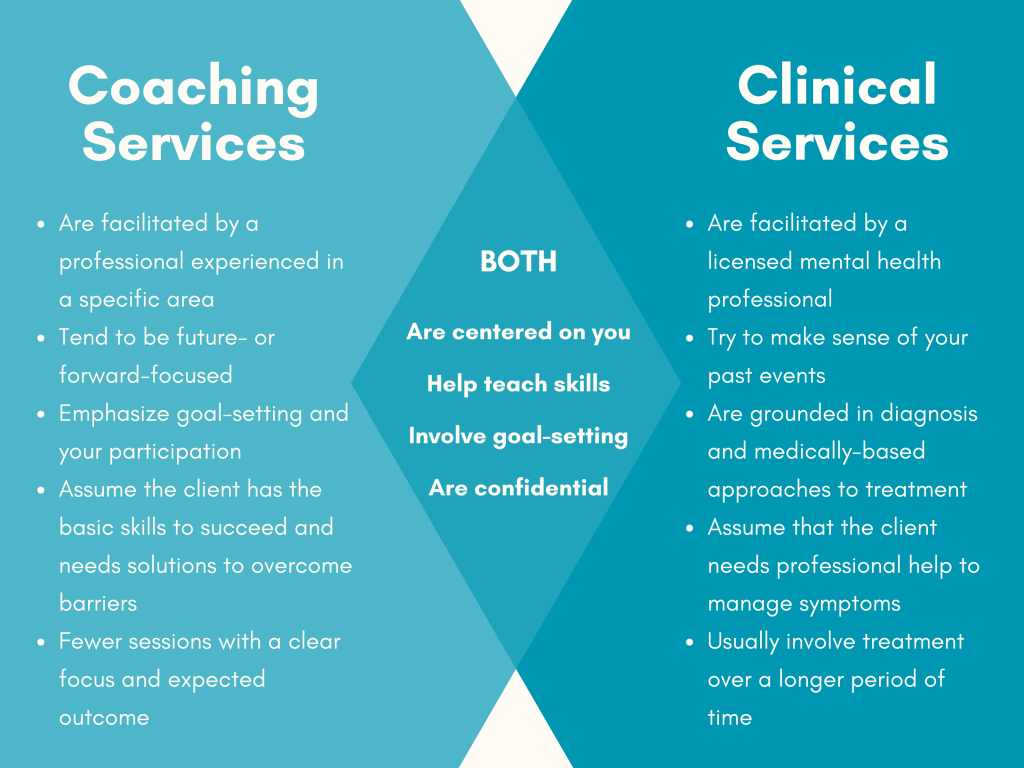Should I Worry About My Kid’s Cell Phone Use?
By Dr. Eric Ward
Like most parents, my wife and I struggled with how to manage our teen daughter’s use of electronic devices. On one side, we recognized that her peers were communicating almost exclusively via digital means – texting, instant messaging, even a new-fangled (at the time) app that magically made messages disappear just seconds after being viewed.
On the other side, though, was this constantly nagging sense of “this can NOT be good for her” as we watched our daughter have less and less face-to-face contact with her peers, spending an ever-increasing amount of time in her room with a screen just inches from her face. We were dumbfounded at her friends’ struggles with simple social skills (as a side note: listening to one of today’s teens trying to use proper telephone manners when calling your home is simultaneously sad and hilarious).
Psychologist Jean Twenge has studied what she calls “the iGen” – those born between 1995 and 2012 – and their reliance on smartphones. She points out that those who fall in this age group literally don’t remember a time before the internet. Most of them have no idea what it means to live without a supercomputer that fits in their pocket. She does acknowledge that this generation has shown some improvement in areas in which their parents struggled. The number of sexually active teens has dropped by almost 40% since 1991. The teen birth rate hit an all-time low in 2016, down 67% from its peak in 1991. Today’s teens are less likely to start drinking alcohol before the age of 18.
But there’s a negative side to those statistics as well. Dr. Twenge points out that much of the reason these social “ills” have decreased is because they’re inherently social; getting pregnant requires face-to-face contact with peers of the opposite sex. Drinking usually occurs at parties, a social rite of passage today’s teens attend with less and less frequency.
There are psychological effects as well. Eighth graders who spend 10 or more hours a week on social media are 56% more likely to report being “generally unhappy.” Teens who spend 3 or more hours a day on electronic devices are 35% more likely to have risk factors for suicide; factors like actively making a suicide plan. Three times as many 12–14-year-old girls killed themselves in 2015 as in 2007.
My wife and I realized early in this journey that we weren’t going to be able to keep our daughter completely away from her phone. We did, however, put limits on her access to and use of electronic devices. We relied on experts for advice. Some of their recommendations:
- Require your child to charge their phone overnight in the parent’s bedroom (for our daughter, her phone’s “curfew” was 10pm)
- No phones (parents included) during family mealtimes
- No phones when guests are in the house (practicing social interaction skills is crucial to becoming a successful adult)
- Schedule occasional screen-free days (no computers, phones, TV’s, etc.) for the whole family
Adolescence is tough enough on its own. Just making it through relatively unscathed is an accomplishment for teens. Most of them won’t, and that’s okay. What my wife and I are trying to do, though, is increase the likelihood that our daughters will have the support and social/emotional ability to increase their chances of being a relatively well-adjusted human being when they reach their adult years. By both monitoring and intervening in their phone and social media use, we hope to give them that chance.








